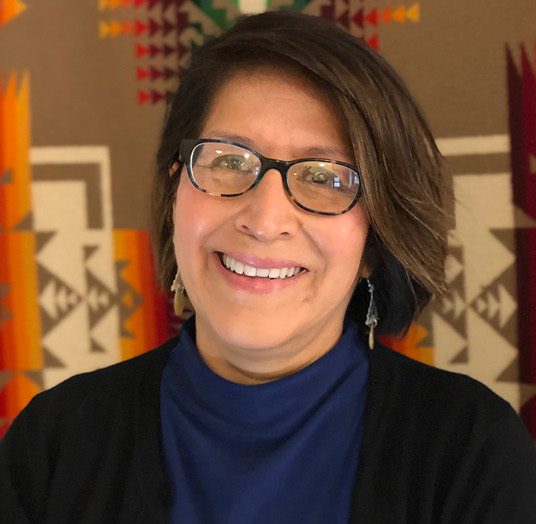The Department is pleased to announce that Heather Muraviov is the 2021 recipient of the Ruth Garrett Millikan Graduate Research Fellowship. The Fellowship will enable Heather to devote the summer to completing two chapters of her dissertation entitled “Liberatory Virtue Epistemology.” Her major advisor is Heather Battaly. For more information about the Ruth Garrett Millikan Fellowship, please visit here.
Author: Brereton, Ajalon
Drew Johnson: Humanities Institute Fellow
Heather Muraviov: Excellence for Diversity and Inclusivity in a Syllabus
Jane Gordon: “Creolizing Rosa Luxemburg”
Check out “Creolizing Rosa Luxemburg” edited by Affiliate Professor Jane Gordon and Drucilla Cornell (Rutgers).
Rosa Luxemburg is unquestionably the most important historical European woman Marxist theorist. Significantly, for the purpose of creolizing the canon, she considered her continent and the globe from an Eastern Europe that was in constant flux and turmoil. From this relatively peripheral location, she was far less parochial than many of her more centrally located interlocutors and peers. Indeed, Luxemburg’s work touched on all the burning issues of her time and ours, from analysis of concrete revolutionary struggles, such as those in Poland and Russia, to showing through her analysis of primitive accumulation that anti-capitalist and anti-colonial struggles had to be intertwined, to considerations of state sovereignty, democracy, feminism, and racism. She thereby offered reflections that can usefully be taken up and reworked by writers facing continuous and new challenges to undo relations of exploitation through radical economic and social transformation Luxemburg touches on all aspects of what constitutes revolution in her work; the authors of this volume show us that, by creolizing Luxemburg, we can open up new paths of understanding the complexities of revolution.
Nathan Sheff: “Wilfrid Sellars, Sensory Experience and the ‘Myth of the Given'”
Read alumni Nathan Sheff’s (PhD 2017) recent essay in Psyche, titled “Wilfrid Sellars, sensory experience and the ‘Myth of the Given.'”
Tracy Llanera: The Women Doing Philosophy Group in the Philippines
At the height of the pandemic crisis in 2020, Filipino women philosophers everywhere gathered virtually to form the group Women Doing Philosophy. Read two feature essays about the organization in the APA-Black Issues in Philosophy Blog:
- “To Slay a Specter: on the Founding of the Women Doing Philosophy Group in the Phillippines” by Cass Teodosio, University of the Philippines
- “In/Visible Brown Babes: Synthesis of the Brown Babe’s Burden 2020” by Tracy Llanera, University of Connecticut
